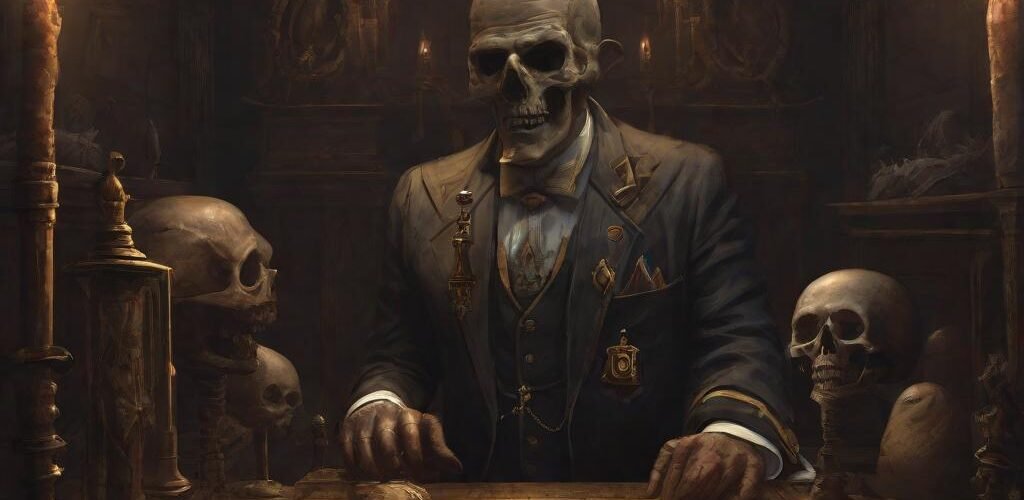In a world filled with diverse religious beliefs and practices, it comes as no surprise that conflicts often arise between seemingly disparate spiritual institutions. One such conflict that has spanned centuries involves two immense and historically influential groups—the Catholics and the Freemasons.
This secular enmity has once again been brought to the forefront of spiritual discourse by no less than the Vatican itself. The Catholic Church has reaffirmed an existing ban on Catholics becoming Freemasons, a clandestine society that the Church has always regarded with public animosity.
This reaffirmation has provoked a whirlwind of contentious debates, discussions, and critiques from believers and non-believers alike.
On a given Wednesday, the Vatican’s doctrinal office, known as the Dicastery of the Doctrine of the Faith, subtly gave voice to a resounding reproach, which was as loud as it was clear. “Active membership in Freemasonry by a member of the faithful is prohibited, because of the irreconcilability between Catholic doctrine and Freemasonry,” the office announced in a letter published by Vatican media.
This proclamation was not an arbitrary rambling of an isolated cleric but a formal authoritative position which had gone through rigorous theological scrutiny. It further hinged on an earlier edict issued in 1983, which was signed by the then Vatican doctrine chief and future Pope, the late Benedict XVI.

The underlying cause for this revamped position was a flurry of concerns raised by a bishop from the Philippines, who had witnessed an alarming growth of Freemasonry in his homeland. The bishop’s trepidation was perhaps emblematic of a wider concern within the Catholic Church’s global congregation. With Freemasonry boasting an estimated global population of up to six million strong, such apprehensions are both understandable and foreboding.
Yet, the church’s response to the Freemason’s growth encapsulates a profound irony. This discrepancy is evident when one considers a statement released by the same doctrinal office a week preceding its reinterpretation on Freemasonry.
The Dicastery had ruled that transgender people could partake in Catholic rituals—baptism, godparenting, and witnessing of Catholic weddings. And so, the question that lingers in the wake of these two different rulings is this: Why does the Catholic Church view Freemasonry as incompatible with its mission, yet grant room for the participation of transgender people in its community, a group considered controversial by many factions within the traditional religious establishment?
The answer, it appears, lies in the interpretation of what it means to be Catholic and the Church’s understanding of the nature of Freemasonry. The Catholic Church maintains its belief that being a Freemason undermines its followers’ ability to adhere to Catholic doctrine fully.
However, it welcomes transgender people into its community because it believes they can fully participate in the Church’s sacramental life. This division underscores an apparent dichotomy within the Church’s ideology – its ability to reconcile the controversial subject of gender identity with religious doctrine, yet its inability to find middle ground with Freemasonry.
While critics of the Church’s position may perceive this as unjust or biased, it’s essential to remember that religious matters are often fraught with complex historical, doctrinal, and cultural implications.

Therefore, the Church’s reaffirmed stance towards Freemasonry is reflective of its centuries-old teachings and understandings. It is a statement rooted in a centuries-old feud born of religious and societal disparities and ideological differences.In conclusion, the Vatican’s reiteration of the ban on Catholics becoming Freemasons is resonant with history, doctrine, and the Church’s understanding of its spiritual mission.
This decision again highlights the perpetual struggle between tradition and progression within the Church and serves as a reminder that despite the vicissitudes of the modern world, certain ideologies remain firm in the face of change. While contentious, such rigidity is an integral part of what defines, shapes, and motivates religious institutions like the Catholic Church—it’s their unwavering belief in what they discern as the truth.
